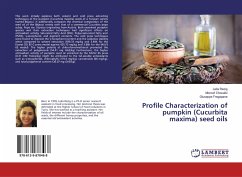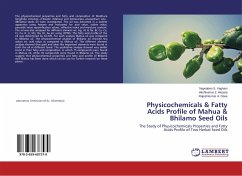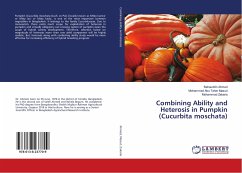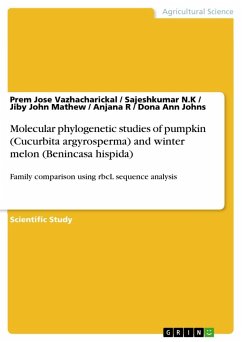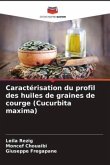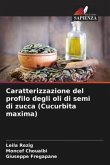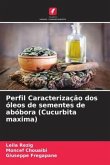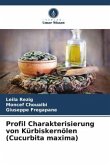This work initially explores both solvent and cold press extracting techniques of the pumpkin (Cucurbita maxima) seeds of a Tunisian variety named Béjaoui. It additionally compares the chemical composition of the seed oil of the Béjaoui variety with that of a commercial Cucurbita pepo subsp. Pepo var. Styriaca originating from Austria. Both examined pumpkin species and their extraction techniques had significant effects on antioxidant activity, Saturated Fatty Acid (SFA), Polyunsaturated Fatty acid (PUFA), Gamma-tocopherol, and pigment contents. The cold press techniques were found to improve the Gamma-tocopherol content and the oxidative stability when compared to solvent extraction (599.33 mg/kg and 3.84h for the Komet DD 85 G press model against 435.75 mg/kg and 3.88h for the MUV2 65 model). The higher polarity of chloroform/methanol promoted the extraction of polyphenols (54.41 mg GAE/kg). Furthermore, the higher antioxidant activity of pumpkin seed oil extracted by the MUV2 65 press (0.31 mM Trolox/kg) might be attributed to the fat-soluble antioxidants such as Gamma-tocopherols, chlorophylls (179.6 mg/kg), carotenoids (66 mg/kg), and total polyphenol content (36.07 mg GAE/kg).
Bitte wählen Sie Ihr Anliegen aus.
Rechnungen
Retourenschein anfordern
Bestellstatus
Storno

